Comments
- No comments found
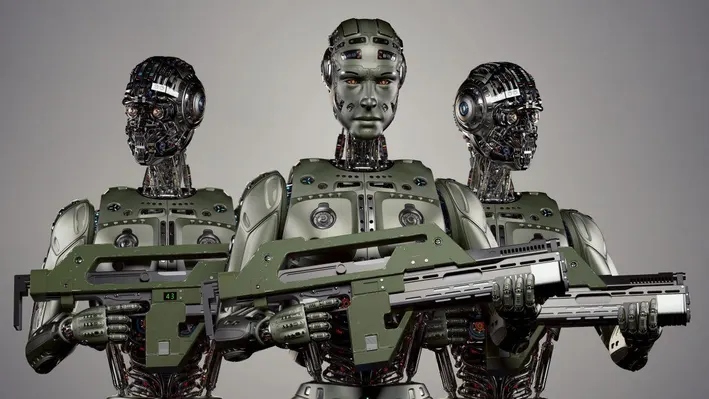
Machine learning cannot stop wars as long as humans are biased.
Although machine learning can help improve decision making, it's up to humans to make the final call. Machine learning, a subset of artificial intelligence, has significantly transformed numerous industries and aspects of our daily lives, from healthcare, military, business, finance, entertainment and transportation.
As technology continues to advance, an intriguing question arises: can machine learning be harnessed to prevent or mitigate one of the most devastating and recurring phenomena in human history—war? In this article, we will explore the role of machine learning and its potential role in promoting peace, reducing conflict, and preventing wars.
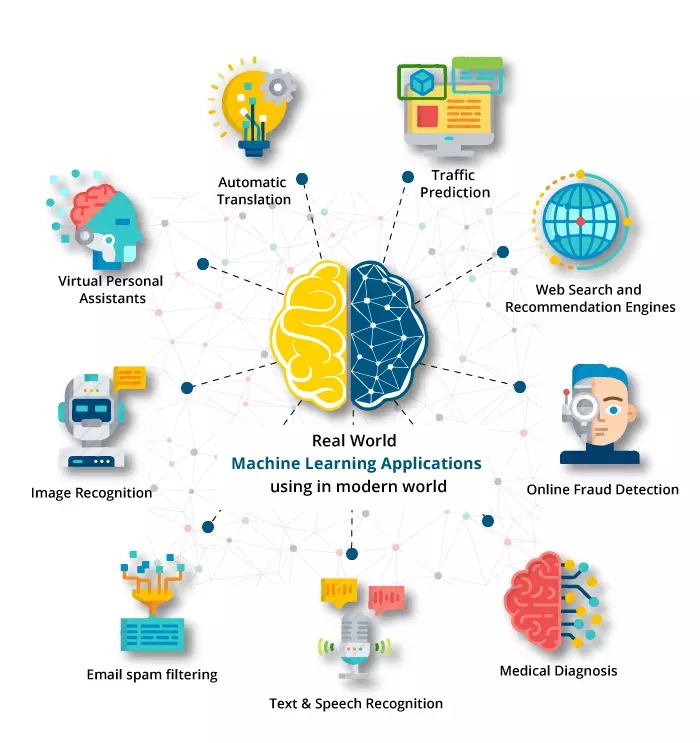
Machine learning is a subset of artificial intelligence that empowers computer systems to learn from data and improve their performance on a specific task without being explicitly programmed. It essentially involves teaching computers to recognize patterns, make decisions, and develop insights based on large volumes of data.
Conflict prevention, at its core, involves identifying the precursors and early warning signs of conflicts and intervening before they escalate into full-blown wars. Machine learning techniques can play a crucial role in this process by analyzing vast datasets to identify patterns, correlations, and trends that might not be immediately apparent to human observers.
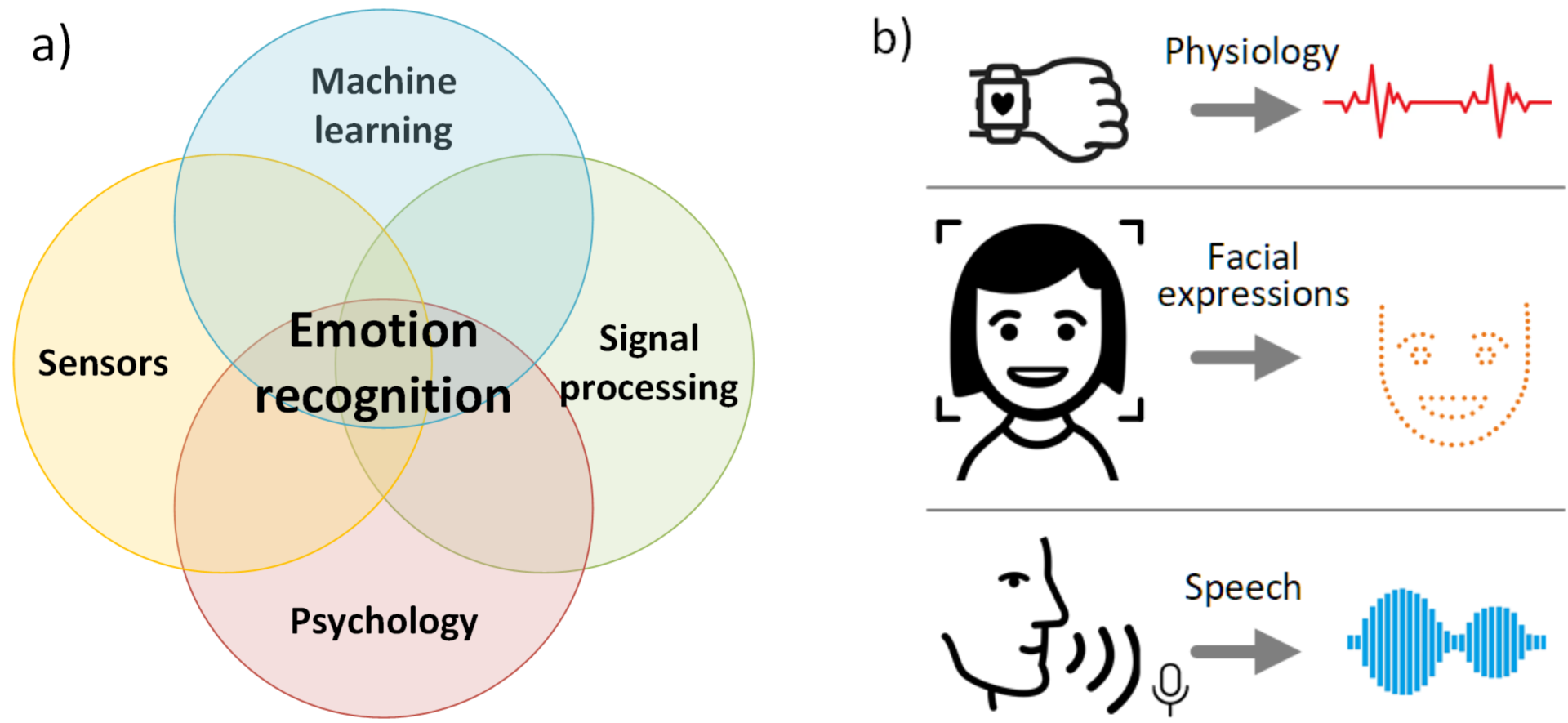
Machine learning can be used to develop predictive models that analyze historical data related to conflicts and wars. By studying past events, these models can identify factors or triggers that are often associated with the outbreak of conflicts. These factors might include political instability, economic disparities, resource scarcity, or social unrest.
Early warning systems powered by machine learning can continuously monitor global events, news sources, and social media to detect emerging signs of potential conflicts. When certain thresholds are crossed, these systems can alert relevant authorities, governments, or international organizations, allowing for proactive intervention.
In times of tension or conflict, efficient resource allocation can be a decisive factor in preventing escalation. Machine learning algorithms can analyze the allocation of resources such as aid, peacekeeping troops, or humanitarian assistance. By optimizing resource distribution based on real-time data and predictive models, the impact of these interventions can be maximized, potentially reducing the intensity of conflicts.
Diplomatic efforts are critical in conflict prevention and resolution. Machine learning models, particularly those employing natural language processing (NLP), can analyze diplomatic communications, treaties, and negotiations. They can identify sentiment, discern nuances in language, and even predict potential outcomes based on historical precedents.
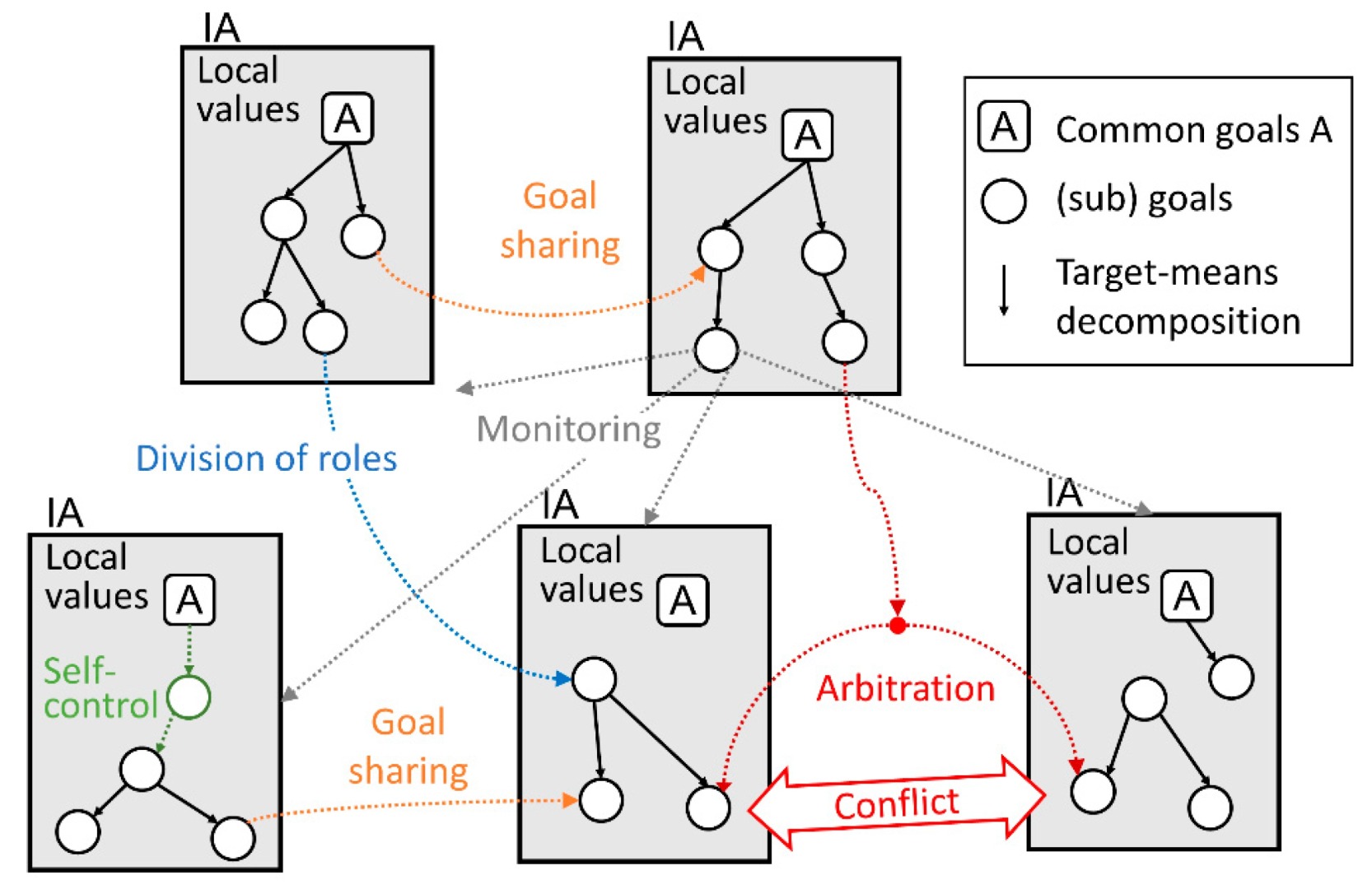
Peacekeeping missions are often deployed to conflict zones with the aim of stabilizing regions and preventing further violence. Machine learning can be instrumental in enhancing the effectiveness of peacekeeping operations.
Peacekeeping forces can benefit from real-time data analysis to make informed decisions. Machine learning models can process data from various sources, such as satellite imagery, sensor networks, and social media, to provide insights on the movement of armed groups, civilian displacement, or other critical information.
Machine learning algorithms can assist in the mediation and negotiation process. They can analyze historical conflicts and peace agreements, helping mediators identify potential points of contention and suggest compromise solutions.
While the potential of machine learning in conflict prevention is promising, several challenges and ethical considerations must be addressed:
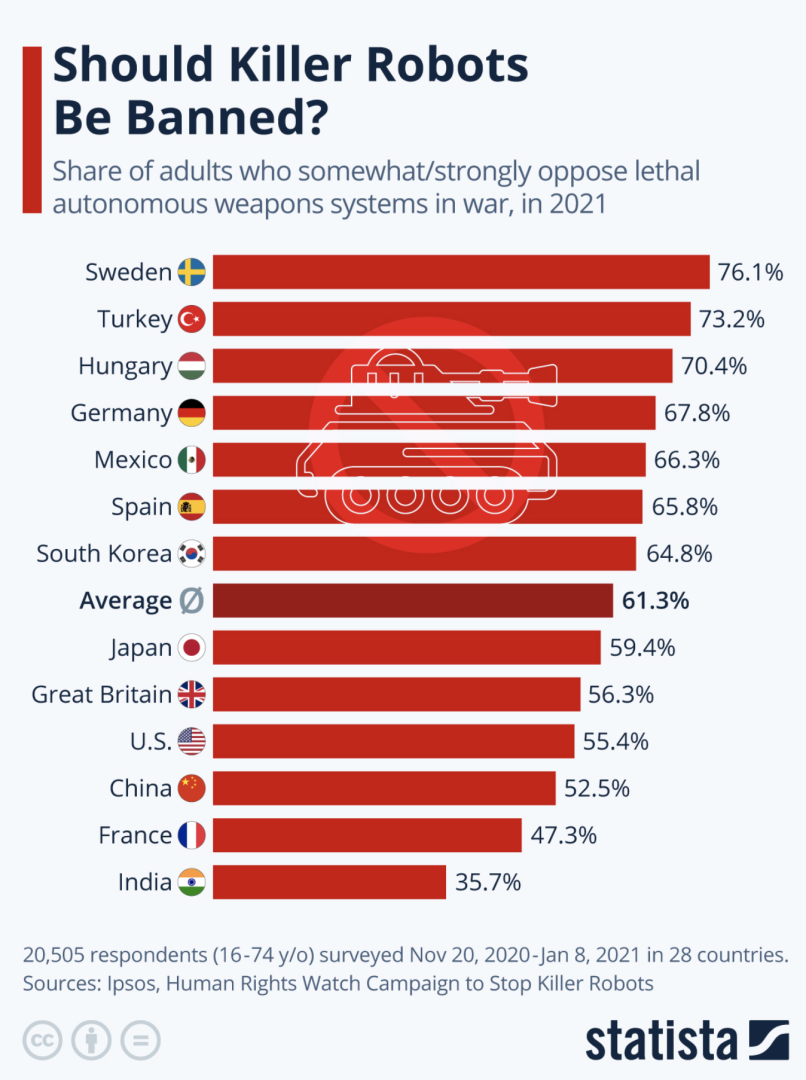
Machine learning models heavily depend on the quality and diversity of data. Biased or incomplete datasets may lead to skewed predictions or recommendations. Ensuring that data used in conflict analysis is accurate and representative is paramount.
Monitoring social media and communication for early warning signs may raise privacy concerns. Striking a balance between public safety and individual privacy rights is a delicate challenge.
Machine learning should complement human decision-making rather than replace it entirely. Maintaining human oversight in the conflict prevention process is crucial.
Machine learning models can inadvertently perpetuate biases present in the training data. Special attention must be given to mitigate these biases, especially in conflict analysis, which often involves sensitive cultural, political, and socio-economic factors.
Machine learning holds immense potential in the realm of conflict prevention and peacekeeping, providing tools to predict, monitor, and mitigate conflicts. However, it is essential to recognize that no technology can entirely replace human diplomacy, ethics, and wisdom in preventing wars. Machine learning should be viewed as a complementary approach to enhancing conflict prevention efforts. While the road to preventing wars remains challenging, the integration of machine learning into diplomatic, humanitarian, and peacekeeping operations offers a promising path toward a more peaceful world.
Leave your comments
Post comment as a guest